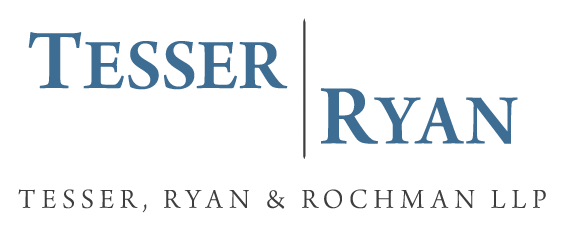United States Supreme Court Restricts State Courts’ Exercising Jurisdiction over Foreign Corporation
By Lewis Tesser, Partner, and Timothy Nolen, Associate, of Tesser, Ryan & Rochman, LLP
A recent US Supreme Court Decision limited the “stream of commerce” doctrine, making it more difficult for states to hear cases against foreign corporations. The case concerned issues of appellate law, business law, corporate law, personal injury and constitutional law.
The case, J. McIntyre Machinery, LTD v. Nicastro¸ 2011 U.S. LEXIS 4800, No. 09-1343 (June 27, 2011), involved an injury to a New Jersey resident caused by a machine manufactured in the UK. New Jersey’s state courts had found that they could hear the case under the “stream of commerce” doctrine, which allows a court to hear a case when a third party ships goods into the state and the defendant “seek[s] to serve” the state. In a 5-4 opinion, Justice Kennedy rejected the New Jersey courts’ reasoning. He noted that it was insufficient that the corporation had sold goods to a third party knowing that the third party would ship them into US. Rather, the foreign corporation had to seek to serve the state or “purposefully avail” itself of the benefits of conducting business in the state. Since the foreign corporation did itself “seek to serve” the state, the corporation’s ties were insufficient to exercise jurisdiction.
An interesting issue in J. McIntyre involves federal jurisdiction. Justice Kennedy noted that the issue of jurisdiction might be different if the case had been in the federal courts. The Court mentioned that there could be a case where a foreign corporation had sufficient ties to the United States to exercise jurisdiction, but when the contacts were not sufficiently targeted at any one particular state for the state courts to exercise jurisdiction. It remains to be seen whether the Supreme Court will allow federal courts to exercise jurisdiction in such circumstances.
The attorneys at Tesser, Ryan & Rochman have years of experience handling complex matters relating to business law and jurisdiction over corporations. We are able to recognize issues that may arise before or during suit against foreign corporations and can advise clients how to address these issues effectively.
